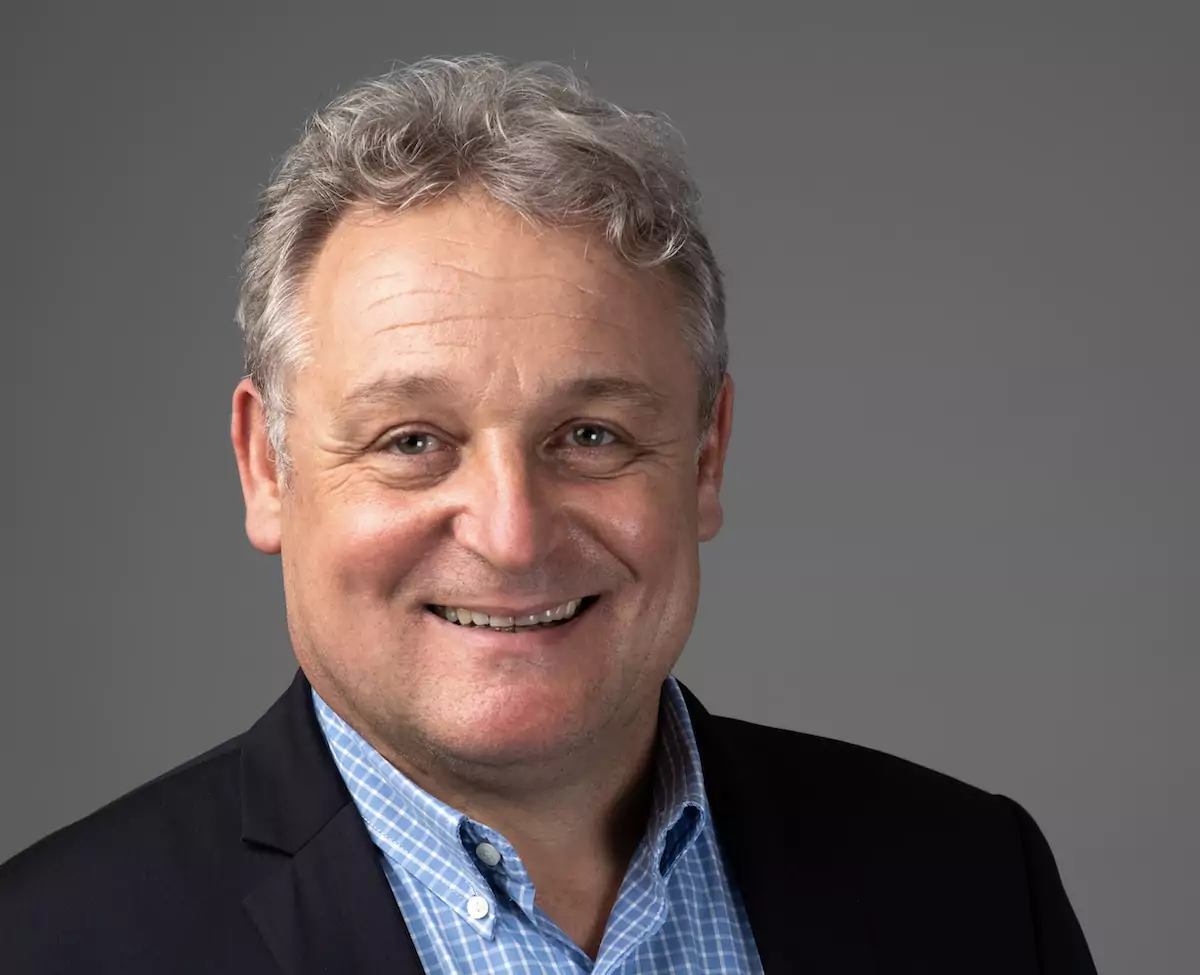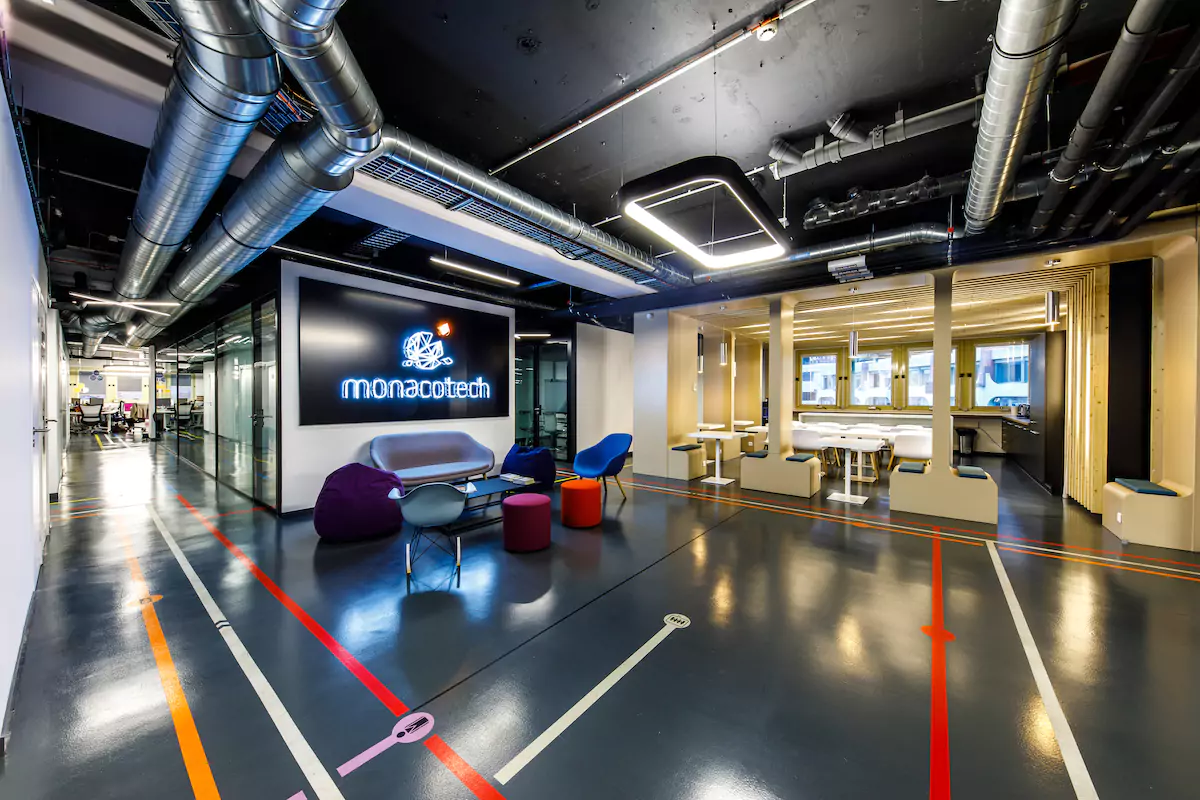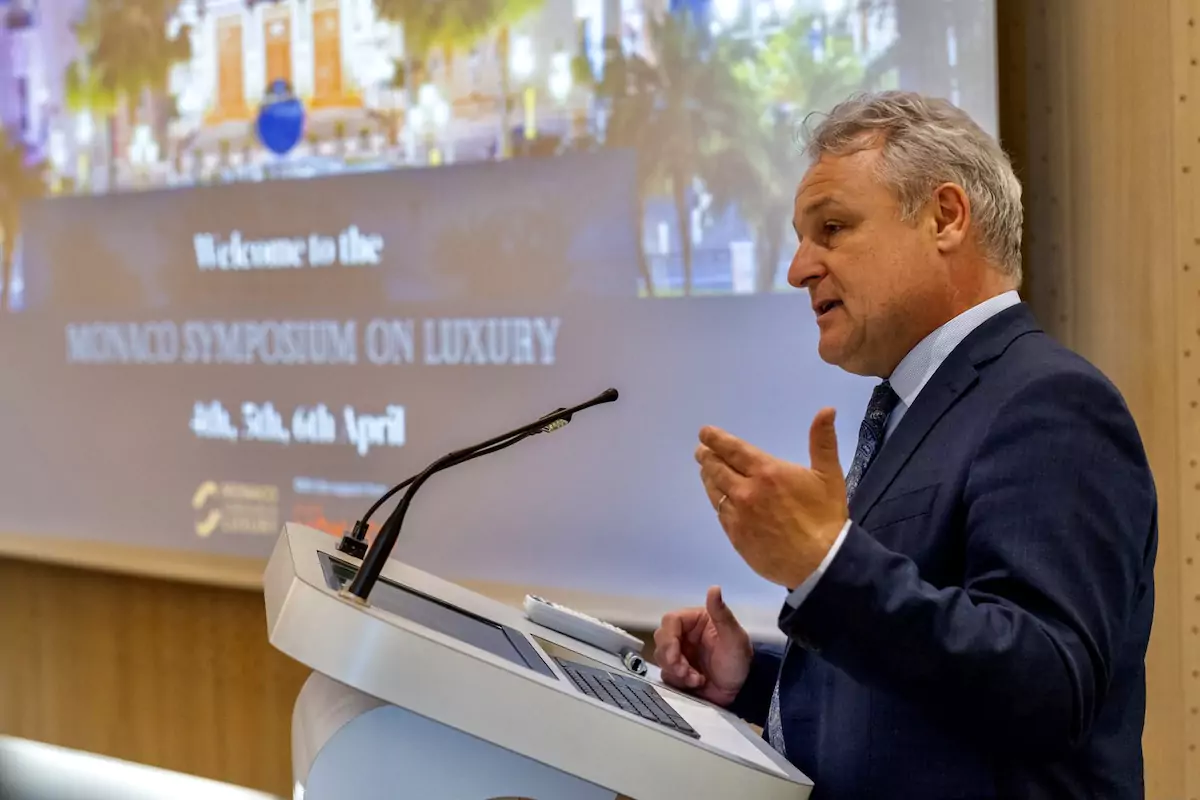In this interview with Monaco Life, Dr. Jean-Philippe Muller delves into his forward-thinking vision for the International University of Monaco (IUM), the new state-of-the-art campus in La Condamine, and how IUM is shaping the future of business education and championing a diverse and dynamic student community.
Dr. Jean-Philippe Muller has successfully held the position of Dean and CEO at the International University of Monaco (IUM) since 2013. Committed to revolutionising the learning sector, Dr. Muller is determined to leave a profound and lasting impact on the field of education. As a member of the Europe Accreditation Council for Business Education (EACBE) and the European Board of the Association to Advance Collegiate Schools of Business (AACSB), Dr. Muller is well-equipped to drive positive societal impact in the global education landscape.
Dr. Muller has been an active member of the Strategic Council for Attractiveness of Monaco since 2017 and the Monaco Private Label Executive Advisory Board since May 2020. These positions enrich his tenure as Dean of IUM. He recently joined CCE, the French Foreign Trade Advisors in Monaco.
Founded in 1986, the University of Southern Europe became the private International University of Monaco (IUM), offering Bachelor, MBA, and DBA in English programs. IUM is the Business School of the Principality of Monaco, part of OMNES Education, one of the largest French management training groups with 15 schools, 40,000 students, and over 200,000 Alumni. During Jean-Phillipe Muller’s tenure, IUM obtained AACSB accreditation in 2020 and increased threefold the number of students coming from more than 70 countries, from 300 in 2010 to 900 in 2023 and counting.
Monaco Life’s Features Journalist Celina Lafuente de Lavotha interviewed Dr. Jean-Philippe Muller to learn more about the importance of the AACSB accreditation for IUM, how to attract prospective students by offering a solid business curriculum through top-quality faculty, and his long-term vision.
Monaco Life: Which strategic steps did you take to obtain the critical AACSB credential for IUM?
Jean-Philippe Muller: Securing the AACSB accreditation, a synonym for outstanding academic quality, bolstered IUM’s reputation. It underscored our commitment to excellence in business education and reaffirmed IUM’s position among the world’s top business schools. It provides our students and alumni with international recognition and opportunities.
My team and I embarked on a strategic journey of curriculum enhancement, faculty development, and institutional growth. Our focus was aligning our programs with global standards, fostering a culture of continuous improvement, and strengthening our research capabilities.
This certificate has helped IUM become the business school of choice for many international students, as evidenced by the growing presence of Americans and Canadians as the third and fourth most represented nationalities, alongside students from Northern Europe. This achievement has enabled us to expand our network of partnerships with several AACSB-accredited universities.
We have finalised our 28th agreement with a business school, offering our second-year bachelor students a diverse range of courses for the Semester Abroad Program, with the choice of attending one of the OMNES Campuses in Barcelona, Geneva, London, Munich, or Paris or at one of the numerous IUM partner institutions worldwide. Students may opt for a single semester abroad or the international track of two semesters, deepening their global experience.

What are the advantages of IUM moving to new facilities in La Condamine?
Relocating to the La Stella building in La Condamine has provided IUM with state-of-the-art facilities, advanced technology-equipped classrooms, and collaborative spaces designed to enhance the learning experience for our students. Located near Monaco’s business district, it fosters greater integration with local and international commercial communities, gaining practical insights and networking opportunities.
Our strategic vision for IUM is one of continued growth and innovation. We have embraced distance learning, but we have also realised the importance of In-person education, which is favoured by most students. Our enrolment keeps growing, so a new building will house part of our staff and faculty, paving the way for further evolution of classroom learning and developing new methodologies for collaborative student work.
Where do students come from? And where do they go after graduation from IUM?
At IUM, diversity is not just a buzzword; it’s a way of life. As I explained earlier, our student population is a rich tapestry of more than 70 nationalities.
After graduation, IUM alumni embark on global careers, taking on prominent roles in multinational companies or establishing their startups. Many choose to stay in Monaco, a global centre for finance and luxury, contributing to the Principality’s economic growth and international prestige, with a particular focus on the exclusive yachting sector. This global success of our alumni is a testament to the quality of education at IUM and should make our audience feel proud and reassured.
What would be the optimal size of the IUM student body?
The optimal size of our class enrolment is dynamic and influenced by our commitment to maintaining a personalised learning environment. While we have significantly increased our student population from 300 in 2010 to 900 in 2024, our focus remains on quality over quantity. We strive to achieve a balance that allows for meaningful student engagement, personalised academic support, and diverse cultural exchange, achieved by never exceeding 50 students per class.
Surpassing 1,000 students next year will be a historic milestone for IUM, requiring an equally meticulous selection of new faculty members. We will have around 40 full-time professors and over 100 adjunct professors.
What kind of support do you get from the Monaco Government to attract students?
Continuous interaction with the Monegasque Government is significant for IUM. It is both a collaborative and supportive relationship based on strategic partnerships and initiatives that promote Monaco as a destination for higher education. This backing enhances our ability to attract top-tier students globally, leveraging Monaco’s reputation for excellence, safety, and quality of life.
Thanks to the Monegasque Government’s support, we moved into the La Stella building, and this year, we actively participated in the Monaco Employment Forum and other valuable initiatives. Moreover, prominent figures from the Government sit on our International Advisory Board.

What academic curriculum do you feel is most critical for IUM, given the profile of the country IUM resides in?
Given Monaco’s profile as a global financial and business centre, our academic curriculum emphasises finance, luxury management, international business, and sustainable entrepreneurship. These areas align with Monaco’s economic strengths and contribute to preparing our students for leadership roles in sectors crucial to the Principality’s growth and development.
The Master’s in Sustainability and Innovation Management embodies the Principality’s and our School’s commitment to educating individuals who actively promote eco-friendly development of managerial practices and industrial production, essential for transforming our society.
The IUM community is expanding its Executive Education offerings, which are increasingly sought after by professionals. Through courses offered by the Monégasque Association of Financial Activities (AMAF), for example, over 6000 operators from Monegasque banks have obtained the Banking, Financial, and ESG Professional Certification and the Confidentiality Certification.
What methods do you implement to increase graduation rates and assist students in their professional careers?
To promote graduation rates, we implement personalised academic advice, proactive student support services, and mentorship programs that foster student success. We emphasise early intervention strategies, academic progress monitoring, and student engagement initiatives that promote retention and timely degree completion.
We facilitate our students’ professional advancement through comprehensive career development services, such as mentorship programs with industry experts, networking opportunities with local and global businesses, and hands-on projects within Monaco’s business community.
The organisation of International Business Days further facilitates integration into the job market. A comprehensive schedule to guide students in their career planning, finding internships, and securing jobs is an integrated part of the curriculum at IUM. The Career Services organizes activities to support students entering or advancing in the job market: Career Development Seminars, Individual Counseling Sessions, Student Profile Books, and all the tools necessary to achieve their professional goals.

Does IUM foster entrepreneurship, and if so, in which sectors?
IUM is committed to promoting entrepreneurship in luxury goods and services, finance, sustainable development, and digital innovation. It offers courses on these subjects across all levels (bachelor, Master, MBA, and DBA) and has an Entrepreneurship Club led by successful businesspeople who present their business ventures.
We support entrepreneurial initiatives through international challenges for students, such as the Mark Challenge, a business plan competition that connects students, Alumni, academic professionals, and industry experts worldwide. The Monaco Ocean Protection Challenge also empowers students and young entrepreneurs by providing tangible support for creating and developing startups that contribute positively to ocean preservation.
We have partnered with MonacoTech, the Monaco startup accelerator, enabling our students to transform innovative ideas into successful businesses, contributing to innovation and economic growth.
How would you describe your management style?
I favour strategic vision, transparency, and collaborative leadership. I believe in empowering teams to achieve shared goals, fostering open communication, and creating a culture of accountability and innovation. I prioritise inclusivity, mentorship, and a supportive work environment that values diversity, creativity, and continuous learning.
I have always been interested in hiring talented new collaborators who work well in teams and demonstrate good autonomy in managing their projects. As we approach a team size of 70 people, we look for individuals who can adapt to different cultures.
What specific qualities do you look for when hiring faculty?
When hiring teachers, we prioritise academic expertise, industry experience, innovative instruction methods, and a commitment to student-centered learning. We seek educators who demonstrate a passion for their subject area, dedication to academic excellence, and a collaborative approach to fostering a supportive learning environment; teachers who can conduct high-impact academic research, possess solid technological skills and effectively engage diverse student populations.
Faculty recruitment is increasingly a strategic asset for IUM. It competes with the world’s leading accredited business schools to attract high-caliber professors with proven teaching experience who engage in research published in prestigious academic journals.
What is the biggest challenge for university teachers today?
Teachers must embrace digital tools for teaching and learning; one of the biggest challenges today is adapting to rapid technological advancements and evolving educational methodologies. It is crucial to regulate AI’s role in education, as we want our students to master these technologies to enhance their learning process.
Another vital task is preparing young people to work with their peers when entering the workforce by highlighting the most effective ways to cooperate with people from different cultures and generations.
Additionally, balancing research responsibilities with teaching commitments remains challenging in maintaining academic rigor and innovation.
What is your longer-term vision for IUM?
We wish to expand our international partnerships, enhance experiential learning opportunities, and launch new academic programs aligned with emerging global trends.
My vision for IUM is to solidify its reputation as a leading academic centre for education and innovation in managerial fields. I envision IUM as a catalyst for entrepreneurial thinking and sustainable business practices, preparing our graduates to excel in a dynamic global economy by leveraging Monaco’s economic environment’s unique characteristics and strengths.
IUM offers unique advantages to students: its location in Monaco, its privileged relationships with local businesses, and the academic excellence it imparts through its personalised approach. Along with its distinctive multicultural environment, these factors will prepare students to tackle the challenges they will face in the global labor market.
Monaco Life is produced by real multi-media journalists writing original content. See more in our free newsletter, follow our Podcasts on Spotify, and check us out on Threads, Facebook, Instagram, LinkedIn and Tik Tok.
Photos of Dr. Jean-Philippe Muller provided by IUM
